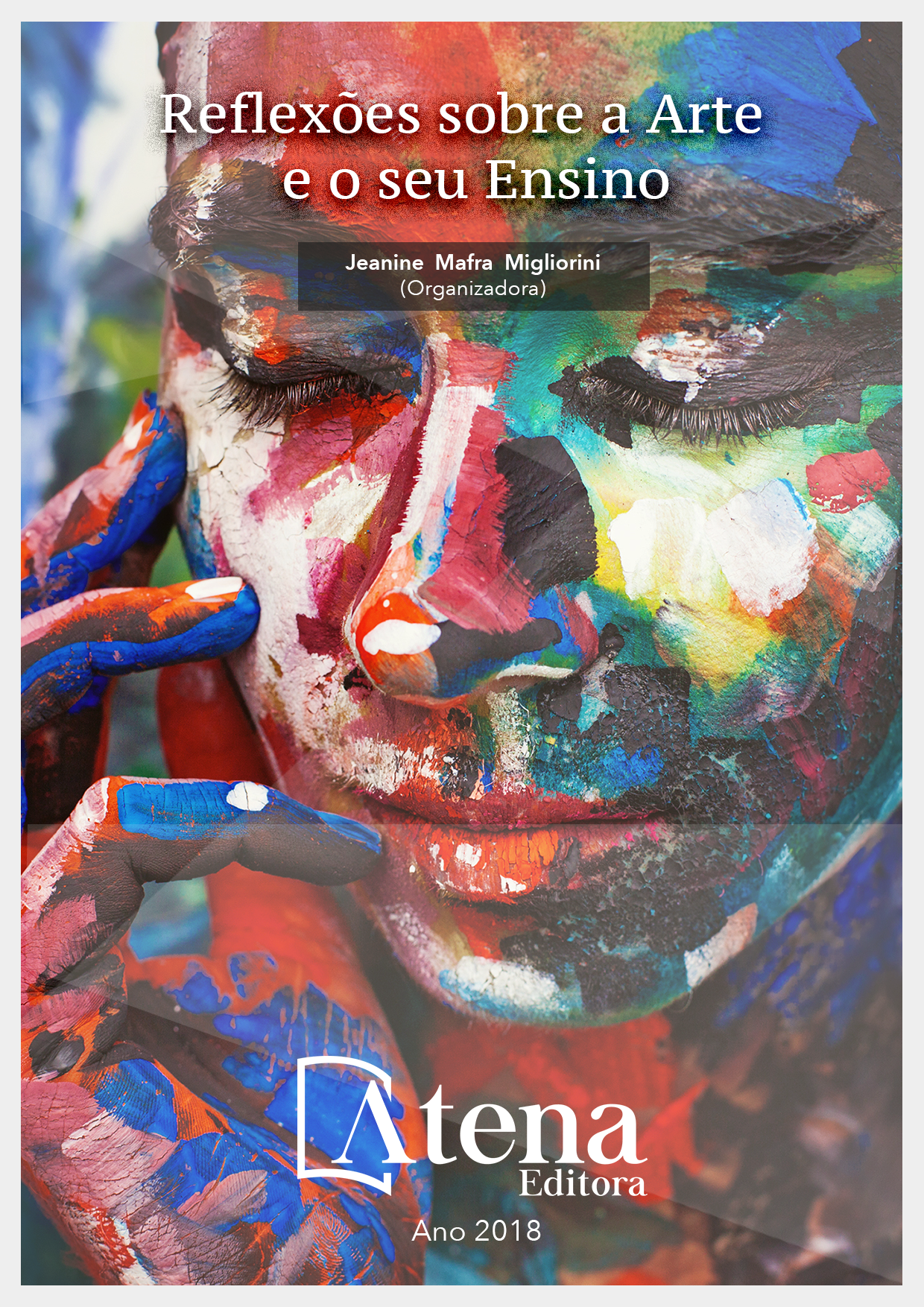
PROCESSOS EDUCATIVOS NO ENSINO MUSICAL EM BOA VISTA – RR: PROJETO SONS DE MAKUNAIMA
Após uma breve análise ao ensino
musical presente na rede da educação básica,
bem como a atual conjectura no ensino superior
em Boa Vista – RR, apresentamos algumas
experiências e resultados da prática docente na
Oficina de Bandas Rítmicas. A atividade mesclou
a sonoridade de instrumentos convencionais
com outros produzidos pelos discentes, com
um custo viável para a aplicação do ensino
musical às crianças, jovens e adolescentes.
Ampliamos tais experiências às disciplinas
Produção de Material Didático em Educação I e
II, que culminou com a criação do Projeto Sons
de Makunaima, que abarcou desde a confecção
de instrumentos com materiais alternativos,
a partir do que é considerado sucata ou lixo.
Após a lei 11.769/2008 que instituiu o ensino de
música às escolas da rede da educação básica,
apontamos à proposta da utilização de aparatos
tecnológicos como ferramenta educacional, cujo
objetivo foi oportunizar a inclusão de discentes
sem conhecimento musical prévio e, que não
tenham prática com a linguagem musical
tradicional. A propositura foi realizada por meio
da interdisciplinaridade com o Curso das Artes
Visuais e, a disciplina Canto, ofertada pelo
Curso de Música da UFRR. Concluímos como
resultado desse trabalho, o êxito da utilização
dessa experiência, como rota alternativa de
aprendizagem, sendo uma alternativa ao ensino
musical coletivo.
PROCESSOS EDUCATIVOS NO ENSINO MUSICAL EM BOA VISTA – RR: PROJETO SONS DE MAKUNAIMA
-
DOI: Atena
-
Palavras-chave: Educação musical. Materiais alternativos. Interdisciplinaridade.
-
Keywords: Musical education. Alternative materials. Interdisciplinarity.
-
Abstract:
After a brief analysis of the musical
education present in the basic education system
of Brazilian school, as well as the current
conjecture in higher education in Boa Vista -
RR, we present some experiences and results
of the teaching practice in the Workshop of
Rhythmic Bands. The activity has merged the
sonority of conventional instruments with others
produced by the students, with a viable cost for
the application of music teaching to children,
youth and adolescents. We broadened these
experiences to the discipline of Production of
Didactic Material in Education I and II, which
has culminated with the creation of the Sounds
of Makunaima Project, which had included
the production of musical instruments with
alternative materials, from what is considered
scrap or garbage . After the law 11.769/2008
that has instituted the teaching of music to
the schools of the basic education system,
we indicate the proposal of the use of technological devices as educational tools,
whose objective was to opportunize the inclusion of students without previous musical
knowledge who do not have practice with the traditional musical language. The proposal
was made through the interdisciplinarity between the Course of the Visual Arts and the
Choral discipline, offered by the Music Course of UFRR. We conclude as a result of this
work, the successful use of this experience as an alternative route of learning, being an
alternative to the collective music teaching.
-
Número de páginas: 15
- Marcos Vinícius Ferreira da Silva
- Leila Adriana Baptaglin
- MARCOS VINICIUS FERREIRA DA SILVA


